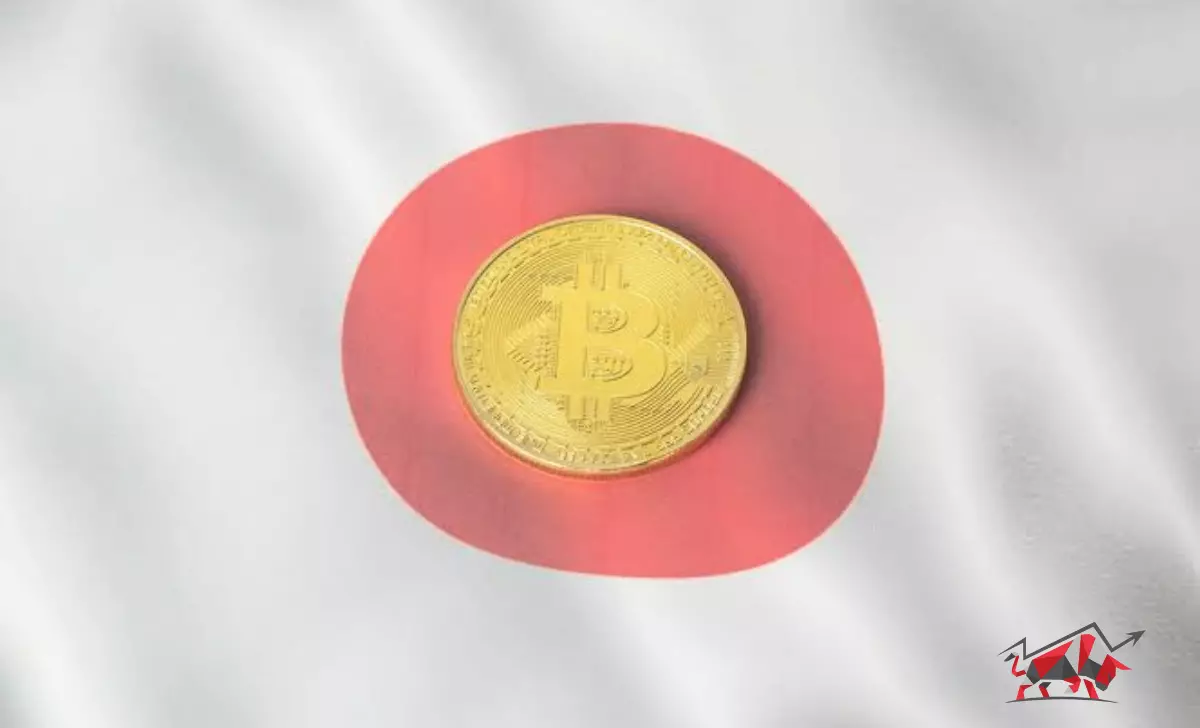According to Kyodo News, Japan is preparing to implement stricter measures against money laundering, which will include the adoption of the “travel rule” established by the Financial Action Task Force (FATF). The decision was made by Japan’s cabinet on Tuesday following the FATF’s assessment that the nation’s existing anti-money laundering measures were inadequate.
In 2019, the FATF introduced the travel rule as a means to combat money laundering and the financing of terrorism through cryptocurrencies. By June 2022, the FATF urged member countries to promptly enact legislation for the travel rule. In response to the evaluation from the international financial crimes watchdog, Japan’s lawmakers revised their anti-money laundering legislation in December to address the deficiencies highlighted by the FATF.
Japan Enacting Travel Rule
Reports indicate that one crucial aspect of the new measures involves the implementation of the “Travel Rule” to enhance the tracking of illicit proceeds. Under the travel rule, any financial institution facilitating a cryptocurrency transfer exceeding $3,000 is required to transmit customer information to the receiving exchange or institution. This data must include the sender’s and recipient’s names, addresses, and account details.
The Travel Rule received attention during the G7 meeting in Japan in mid-May, where global leaders expressed clear support for its application to crypto transactions. The G7 Committee endorsed FATF initiatives aimed at expediting global standards for cryptocurrencies, which include the travel rule, as well as addressing emerging risks associated with decentralized finance (DeFi) arrangements and peer-to-peer transactions.
Since 2021, Japan’s crypto industry has been grappling with the implementation of the travel rule, prompted by the Financial Services Agency’s (FSA) request for virtual asset service providers to adhere to it. In April 2022, the Japan Virtual Currency Exchange Association (JVCEA) introduced self-regulatory guidelines in response. Moreover, in October of the previous year, the Japanese government approved a cabinet decision to amend existing laws, aligning them with FATF guidelines, in order to combat money laundering involving cryptocurrencies.


